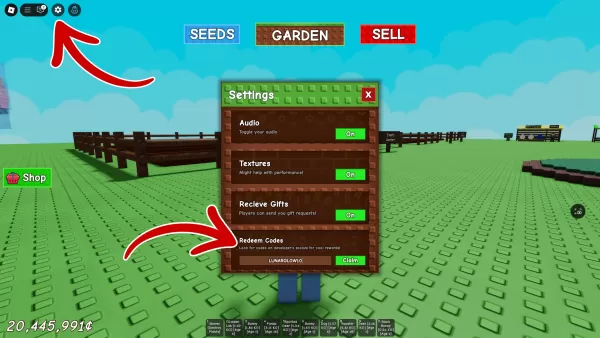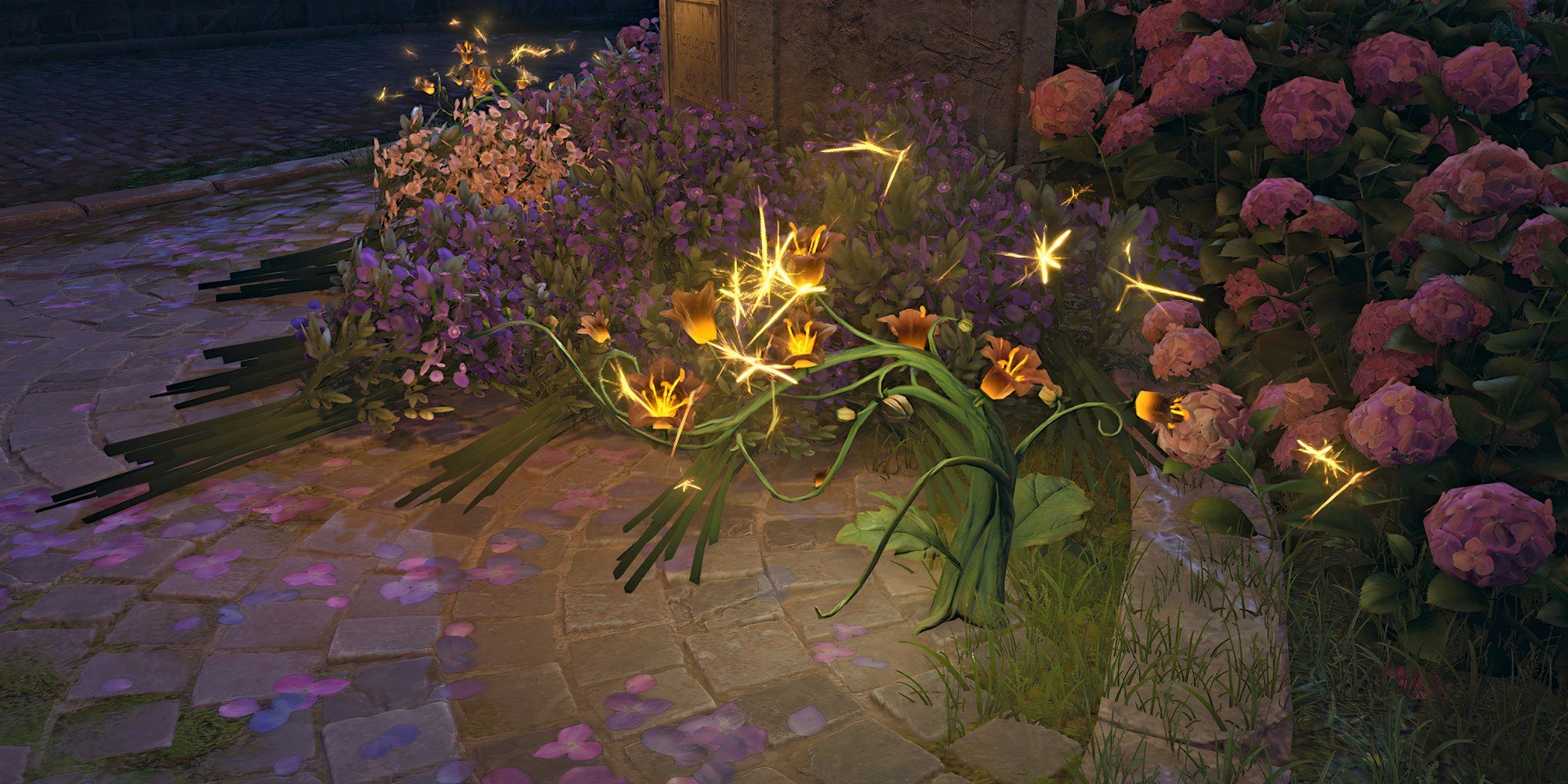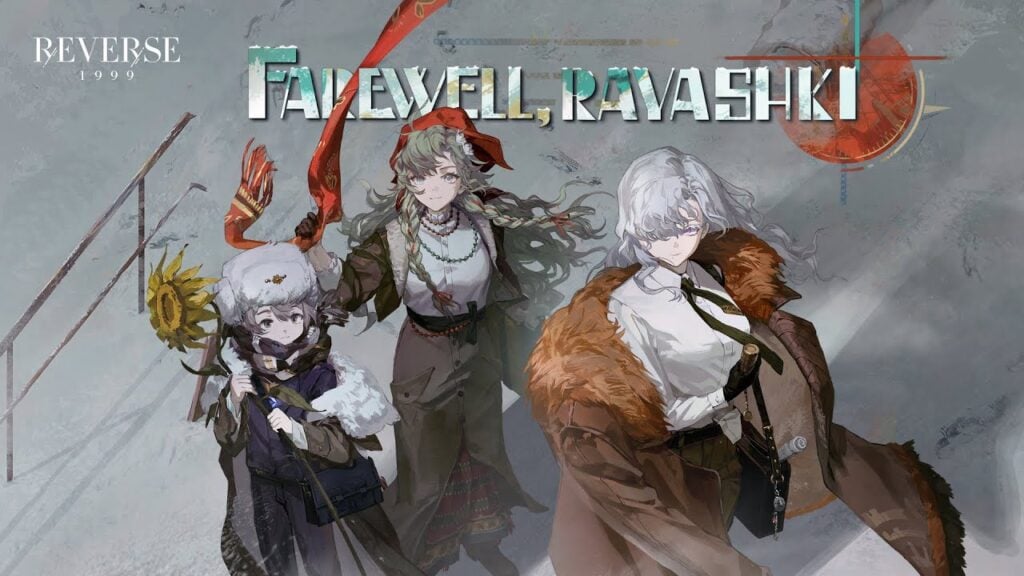In Minecraft, trees are more than just a scenic backdrop; they're a vital resource for crafting and building. With twelve distinct types of trees, each offering unique wood and features, understanding their properties can significantly enhance your gameplay. This guide will walk you through each type of tree and how to use them effectively across various aspects of the game.
Currently, Minecraft features twelve main types of trees, each with its own distinct characteristics and wood texture:
Table of Contents
- Oak
- Birch
- Spruce
- Jungle
- Acacia
- Dark Oak
- Pale Oak
- Mangrove
- Warped
- Crimson
- Cherry
- Azalea
Oak
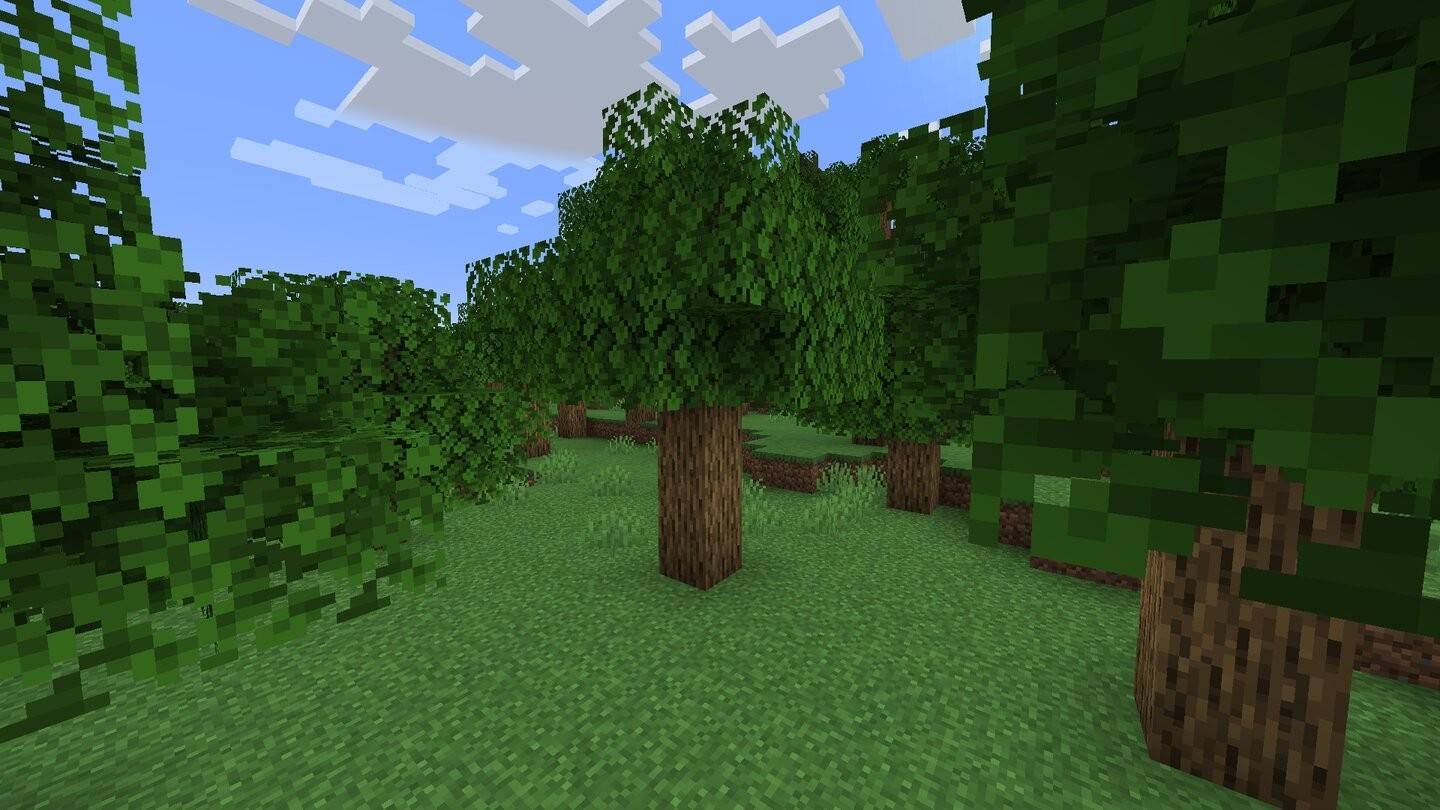 Image: ensigame.com
Image: ensigame.com
The most common tree, found in almost every biome except deserts and icy tundras. Oak wood is incredibly versatile, perfect for crafting planks, sticks, fences, or ladders. Oak trees also drop apples, which can be used as food early in the game or for crafting golden apples. The neutral tone of oak wood makes it ideal for a wide range of builds, from rustic cottages to urban structures.
Birch
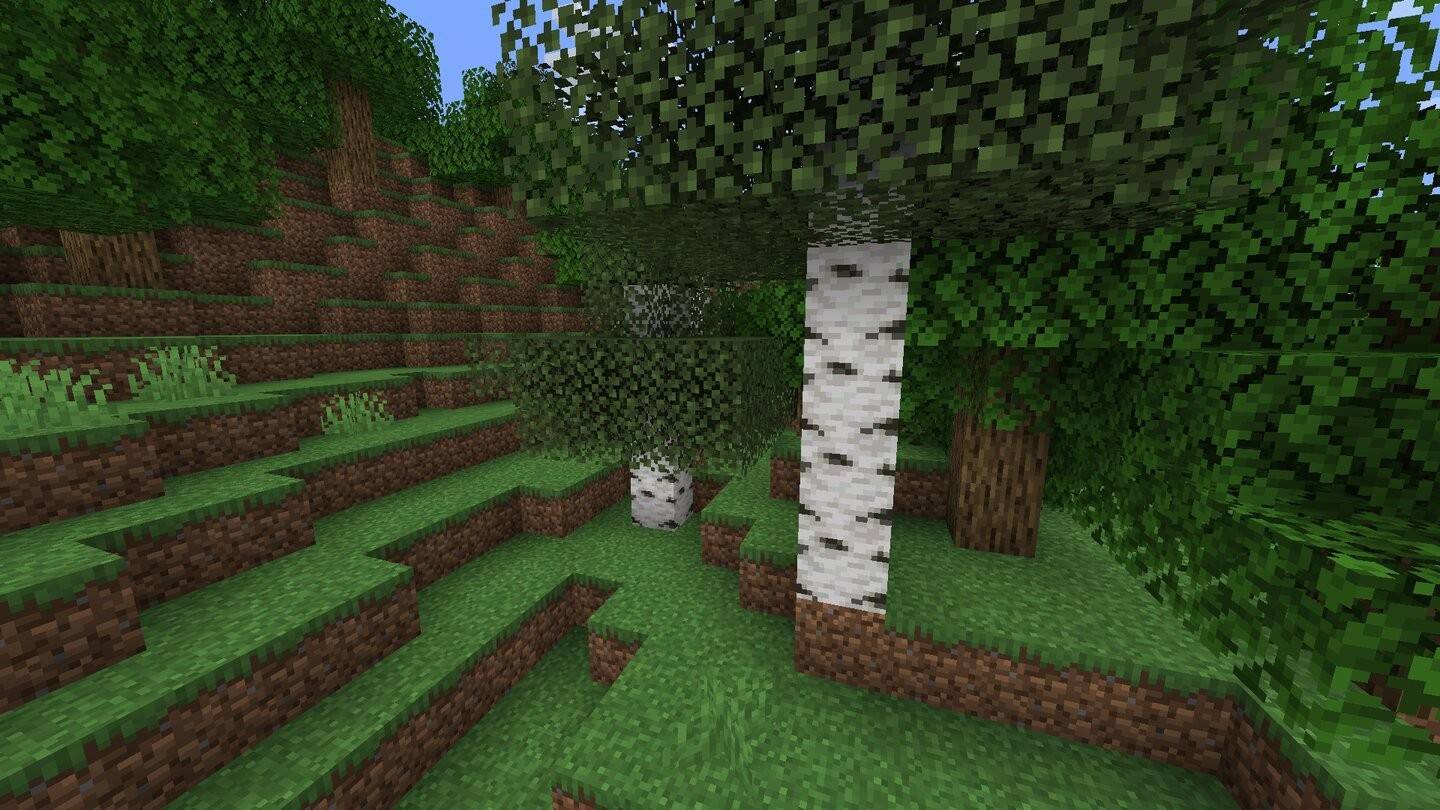 Image: ensigame.com
Image: ensigame.com
Birch trees, with their light wood and distinctive pattern, are perfect for modern or minimalist builds. They grow in birch forests or mixed biomes and pair well with stone and glass, making them ideal for creating bright and spacious interiors.
Spruce
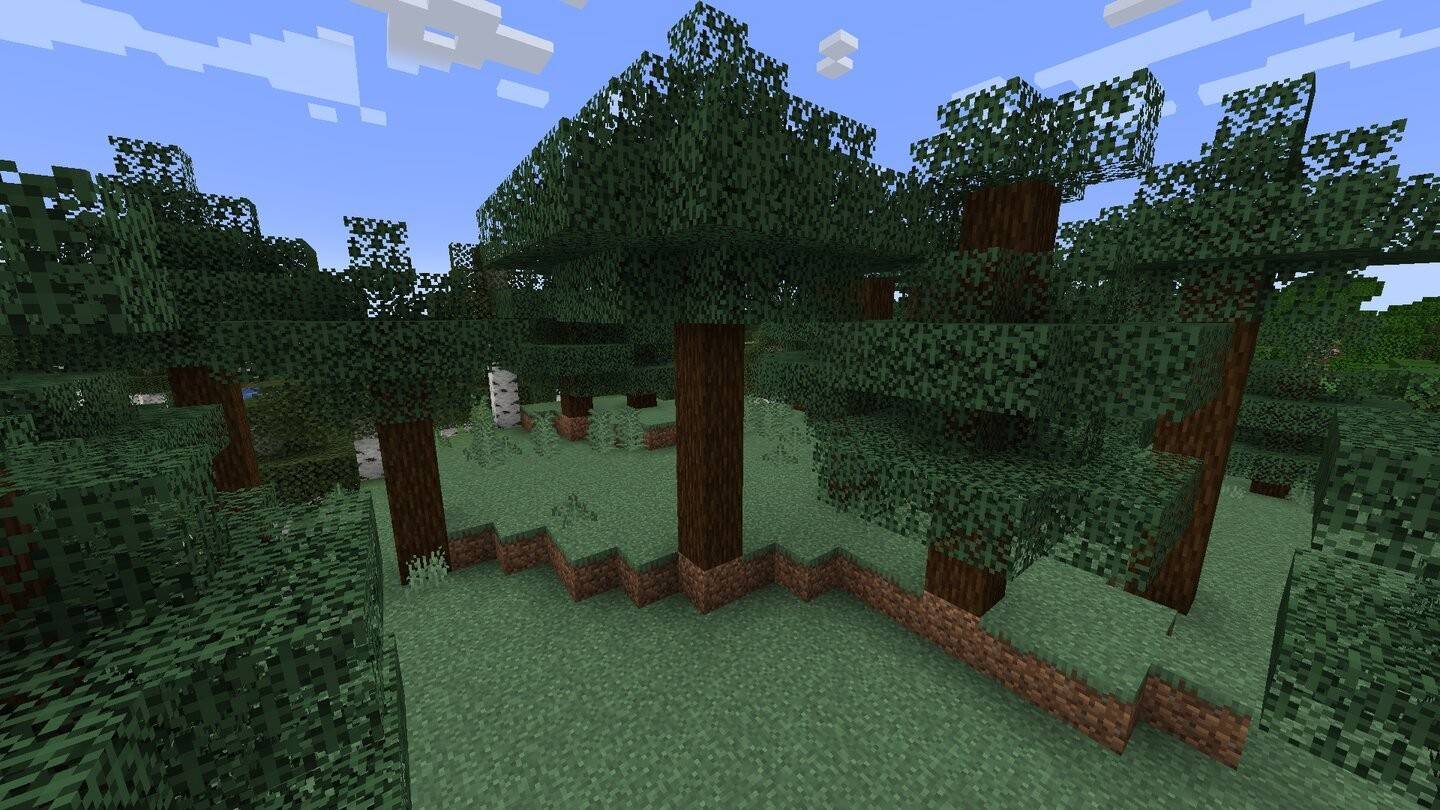 Image: ensigame.com
Image: ensigame.com
Spruce wood, found in taiga and snowy biomes, is excellent for gothic or medieval structures. Its dark texture adds warmth and robustness to builds like castles, bridges, or country homes. However, harvesting these tall trees can be challenging.
Jungle
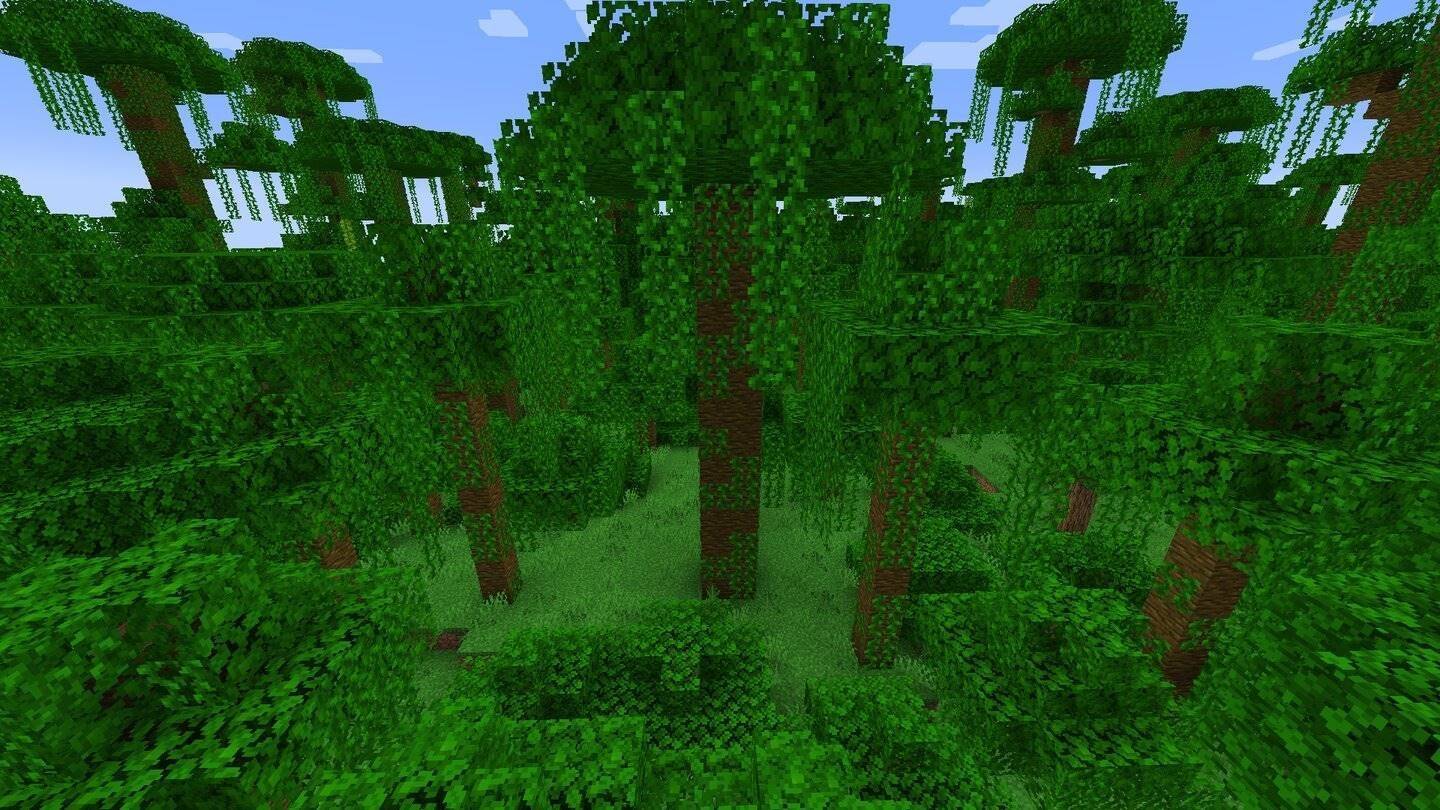 Image: ensigame.com
Image: ensigame.com
Jungle trees, exclusive to jungle biomes, are tall and provide wood with a vibrant hue, ideal for decorative purposes. They also grow cocoa, which can be used to set up a cocoa farm. The exotic look of jungle wood suits adventure-themed or pirate-inspired builds.
Acacia
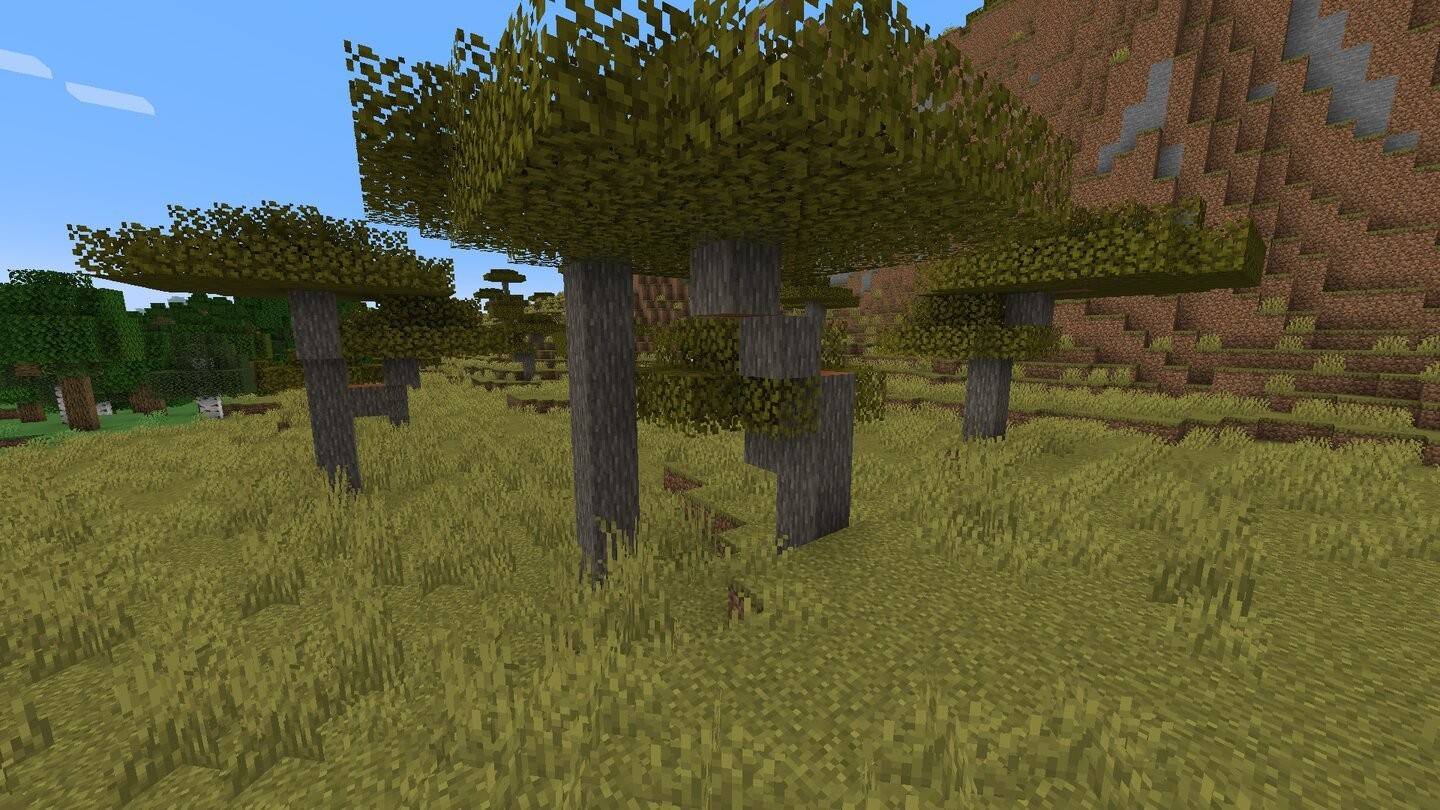 Image: ensigame.com
Image: ensigame.com
Acacia trees, found in savannas, have a reddish tint and unique horizontal branches. Their wood is perfect for ethnic-style villages, desert bridges, or African-inspired builds.
Dark Oak
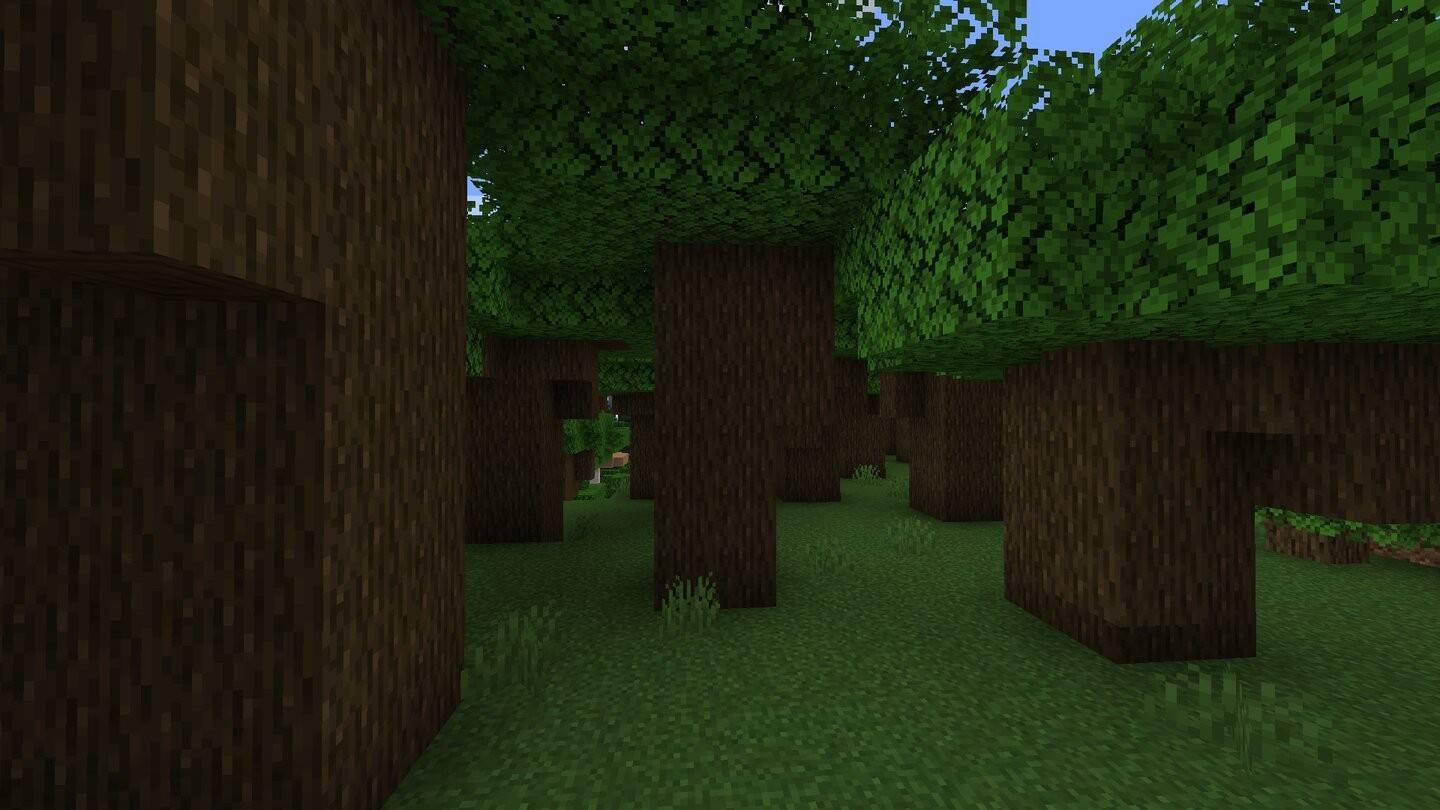 Image: ensigame.com
Image: ensigame.com
Dark oak, with its rich chocolate-brown shade, is a favorite for medieval and castle builds. It's found only in the Roofed Forest biome and requires four saplings to plant. Its deep texture makes it ideal for luxurious interiors and massive doors.
Pale Oak
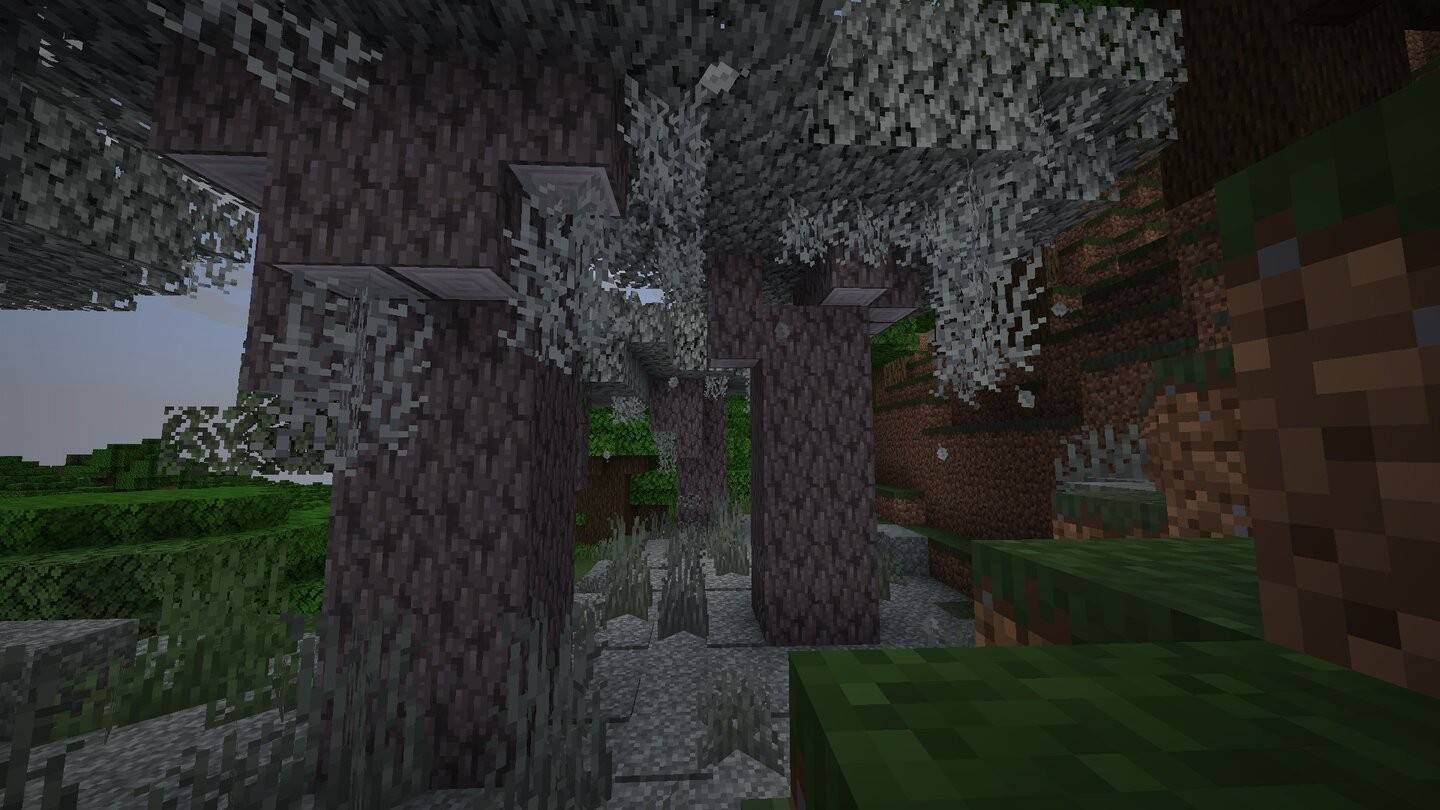 Image: ensigame.com
Image: ensigame.com
Pale oak, a rare tree found in the Pale Garden biome, has a gray tone similar to dark oak but with a different color palette. The tree features hanging pale moss and "skripcevina" inside the trunk, which summons aggressive "skripuns" at night. It pairs well with dark oak for contrasting yet harmonious builds.
Mangrove
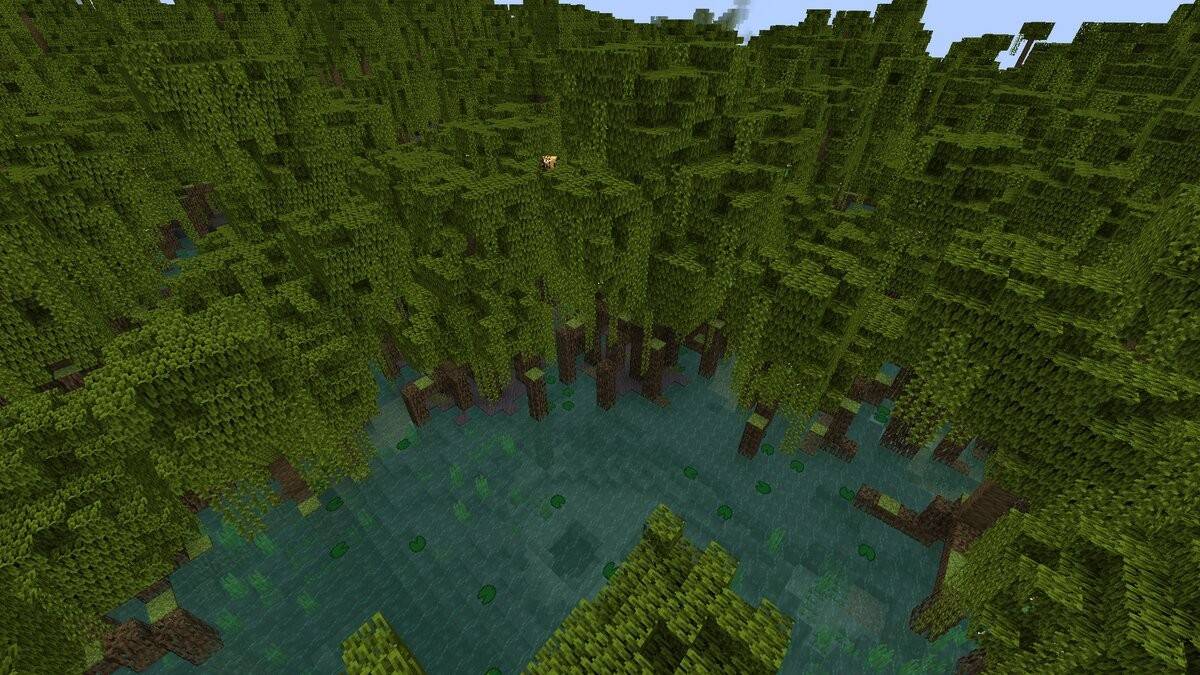 Image: youtube.com
Image: youtube.com
Mangrove trees, found in mangrove swamps, have reddish-brown wood and unique roots that can be used decoratively. They're perfect for building wooden piers, bridges, or swamp-themed structures, adding authenticity to the location.
Warped
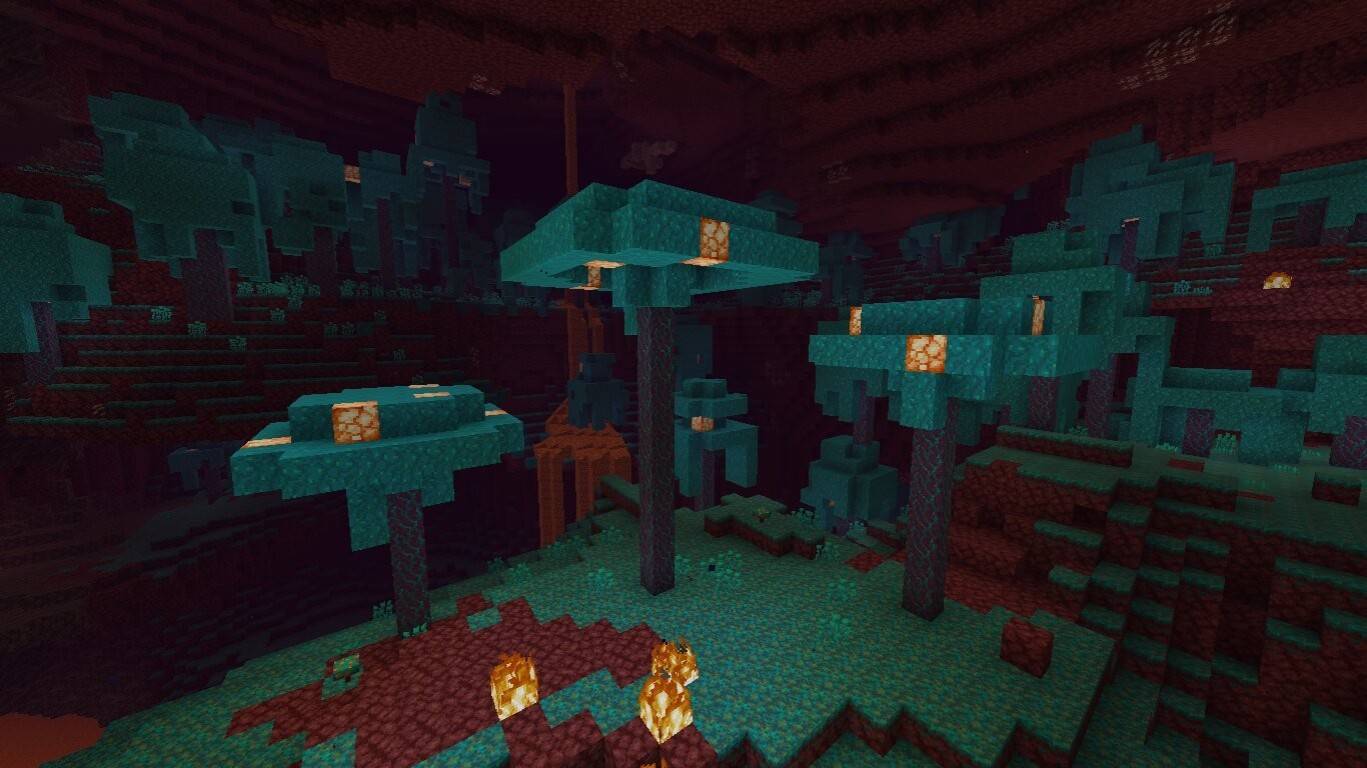 Image: feedback.minecraft.net
Image: feedback.minecraft.net
Warped trees, found in the Nether, have a turquoise color and are ideal for fantasy-style builds like magic towers or mystical portals. Their non-flammable nature allows for creative and unconventional constructions.
Crimson
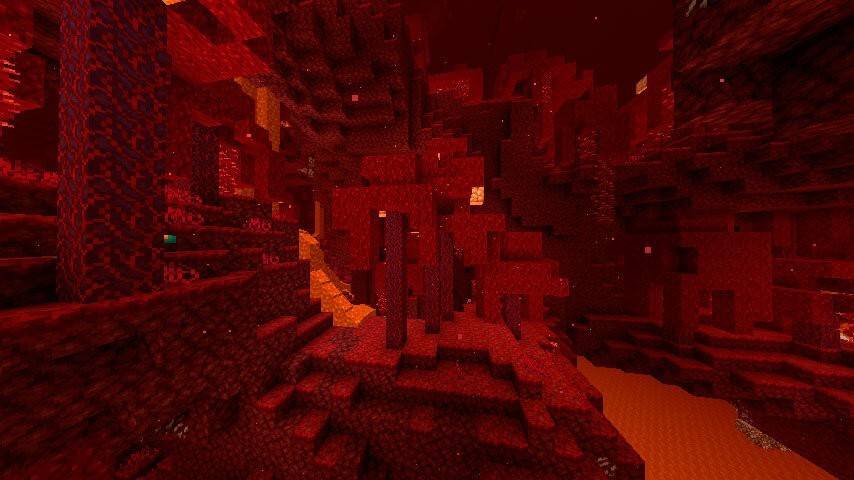 Image: pixelmon.site
Image: pixelmon.site
Crimson trees, also from the Nether, feature red-purple wood perfect for dark or demonic-themed builds. Like warped trees, they are non-flammable, making them suitable for building in hazardous conditions.
Cherry
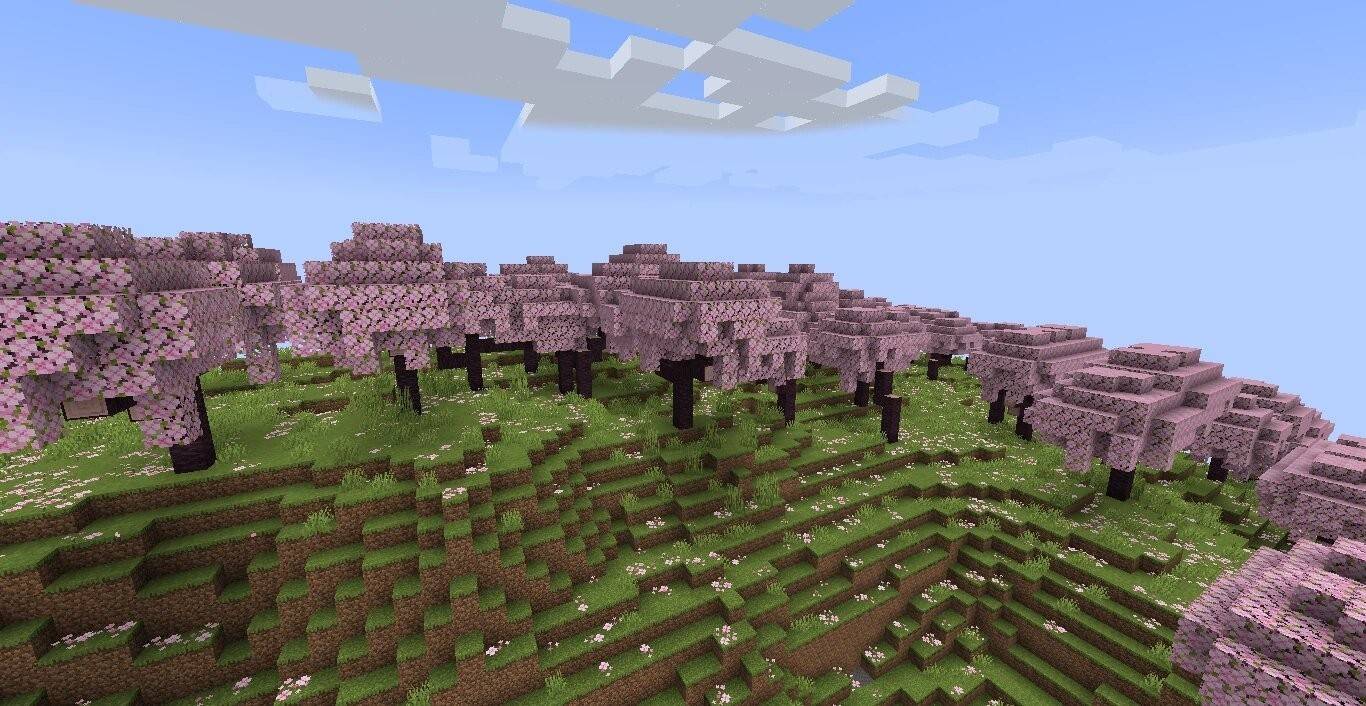 Image: minecraft.fandom.com
Image: minecraft.fandom.com
Cherry trees, found only in the cherry grove biome, have a distinctive pink wood and generate unique falling-petal particles. They're perfect for atmospheric and unique design solutions, often used for interior decoration and crafting unusual furniture.
Azalea
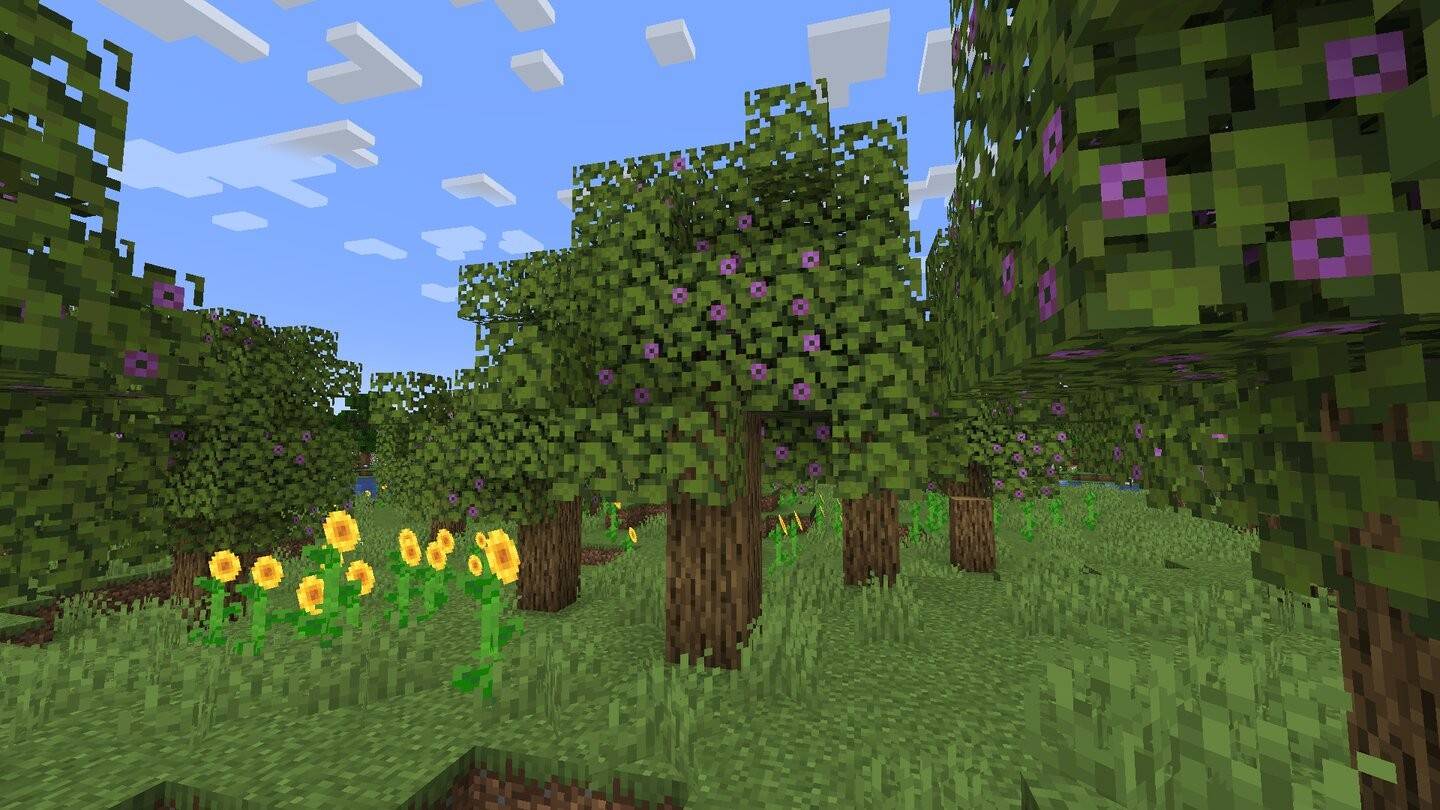 Image: ensigame.com
Image: ensigame.com
Azalea trees, similar to oak but with unique flowers on their leaves, grow above lush caves, making them useful for locating potential mines. They also have a root system, adding a unique design element.
In Minecraft, wood is the backbone of your survival and creativity. While any type of wood can be used for crafting, the variety in textures and colors offers endless possibilities for building unique structures. By understanding the features of each tree type, you can use them effectively in construction, crafting, decoration, and even farming. So, grab your axe, explore the nearest forest, and start crafting your masterpieces!

 Latest Downloads
Latest Downloads
 Downlaod
Downlaod



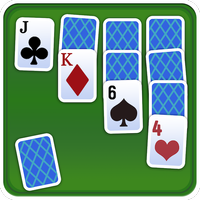
 Top News
Top News